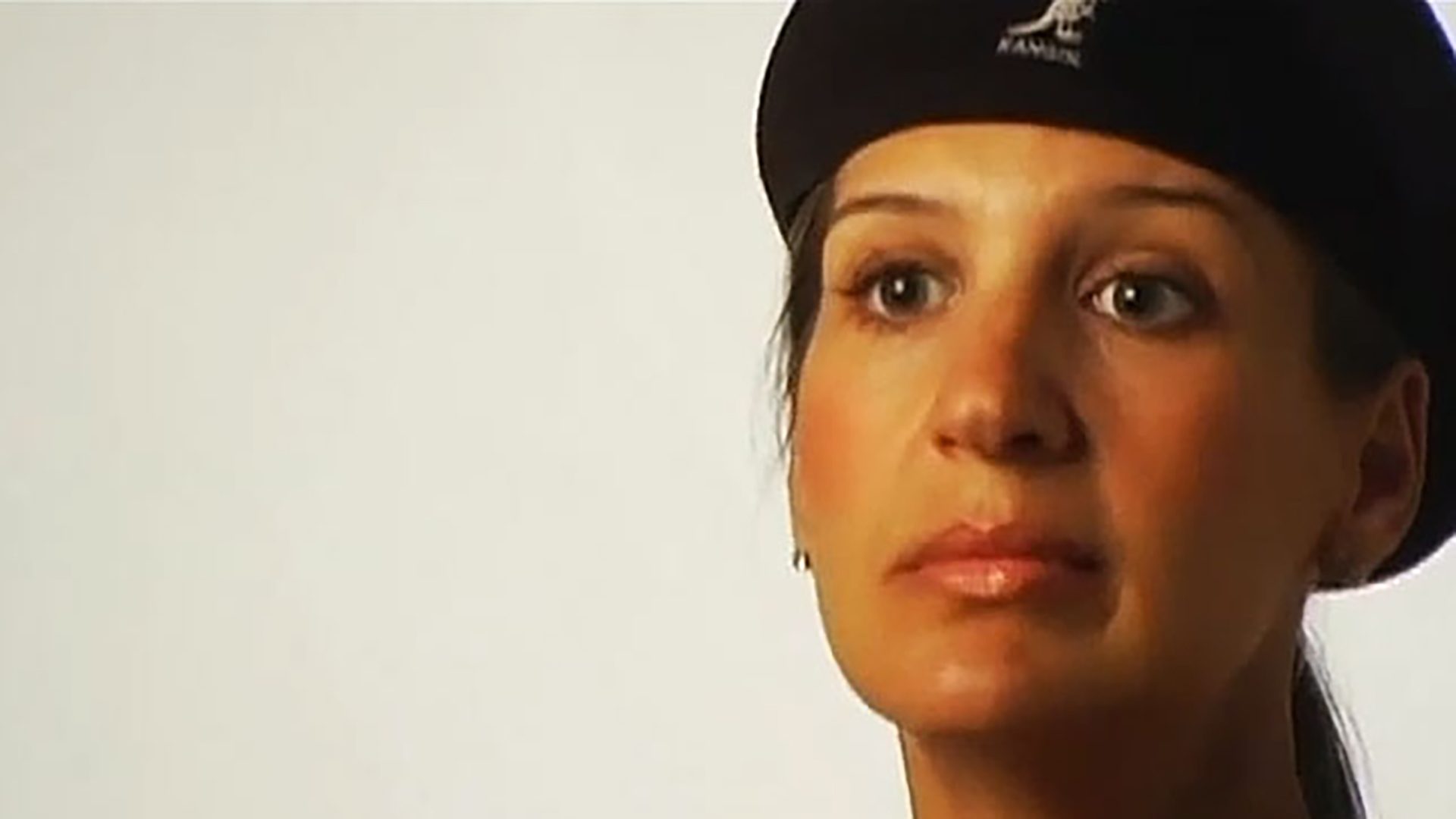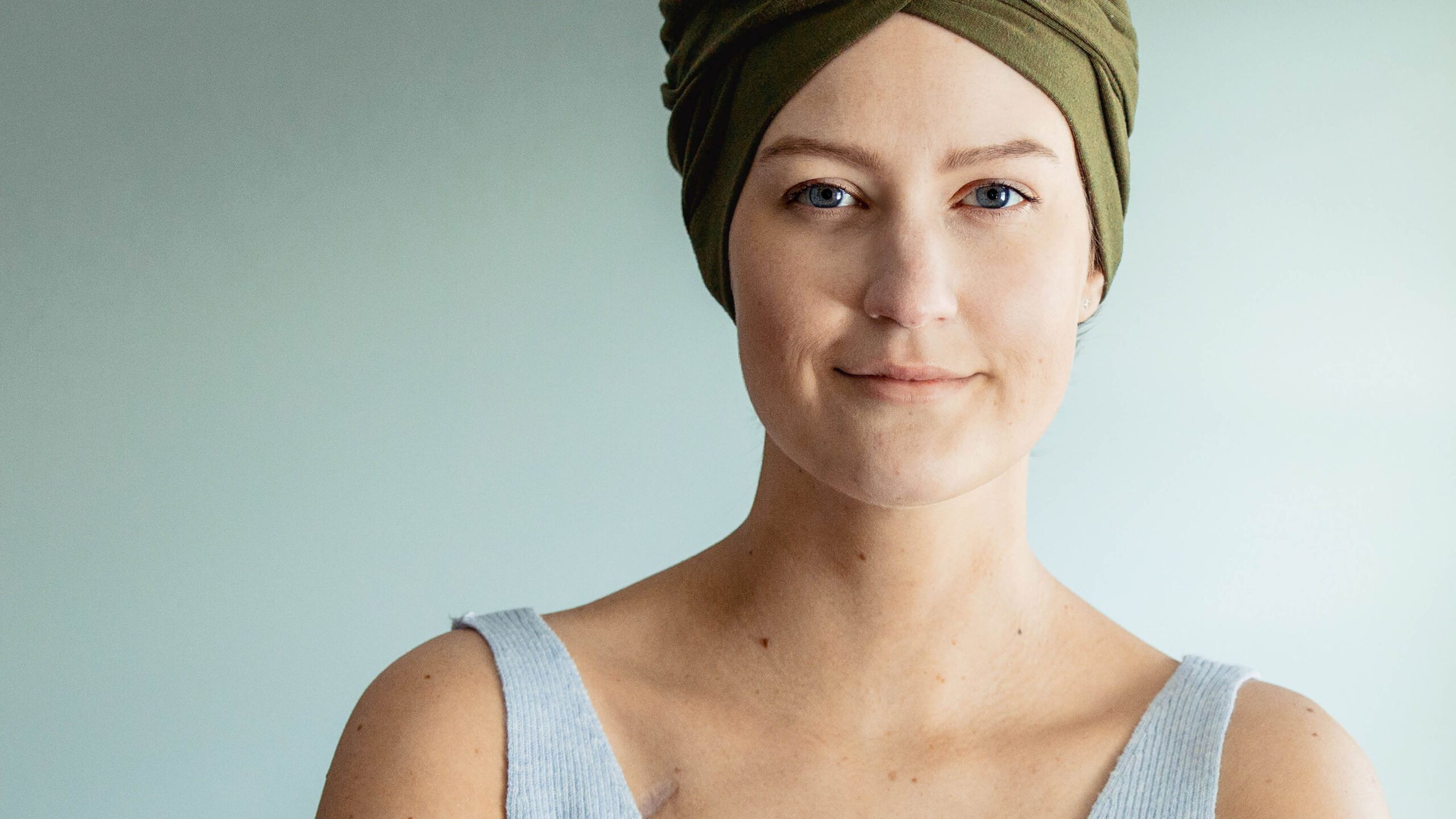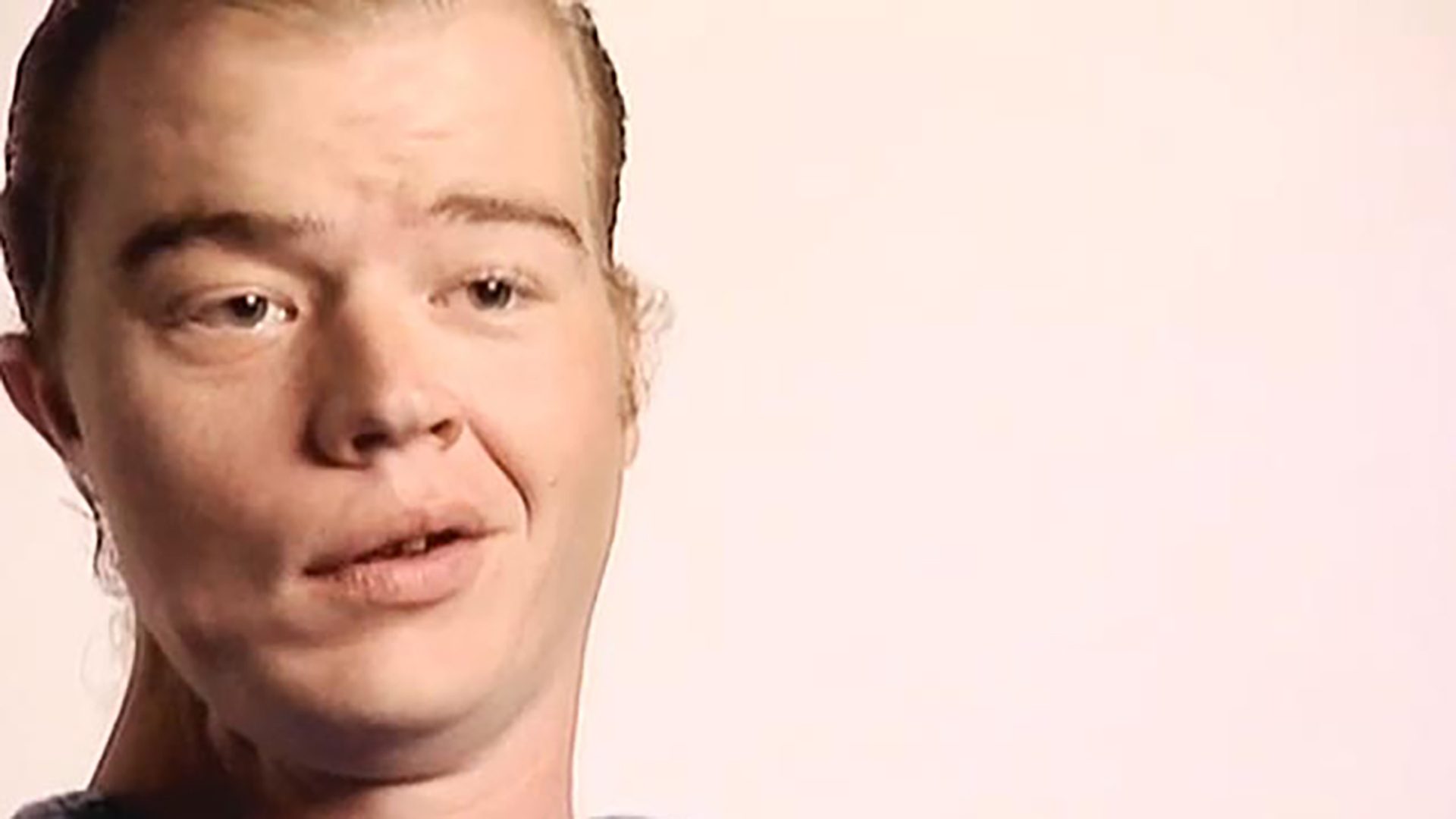Survivor Interview – Lisa J.
Lisa is a kidney cancer survivor. She talks about dating and new relationships, finding hope through her life experiences, and emotional support.

I became a survivor in March of 2004 when I was diagnosed with kidney cancer.
In early or late February, I had a sore throat and I went to the doctor for that. I told him that I thought I had a swollen gland in the back of my neck that had been there for a couple of months. It was just a concern. Being a great doctor, he looked at it and said, “I’d like to get an ultrasound on it.” From that ultrasound, it was unusual, so he decided to do an X-ray of my upper chest area where my lymph nodes were, underneath my arms, and nothing showed up there. But in that X-ray, they found a tumor growing on my kidney. It was quite a shock. I couldn’t believe it because prior to that I had been healthy.
My oncologist diagnosed me with kidney cancer. They did a biopsy on my neck. That was the first surgery to establish what the diagnosis was. The kidney cancer had spread to my neck, the top of my head, my liver, and a little bit in my bones. I had really competent doctors. I didn’t go at it like some people do and ask for statistics and what is it going to take. I put all my confidence in my doctors. They said, “We can get you through this.” My radiation was concentrated on my neck, the top of my head, and on my vertebrae, where the other spots were. That was five weeks. It was hard, but I was determined to get through it. That’s where I kept my focus. I had my kidney removed a week later. Then I was ready for the biological chemotherapy treatment (Interluken-2). I turned purple. I had all these weird side effects, like my skin peeled. I lost my appetite. I had diarrhea. It made my body freak out. But it boosts your own immune system to go in and kill all the cancer cells instead of a chemical doing it. It’s more of a natural way to do it, but it’s still intense and it works with this type of cancer. The chemical chemotherapy does not work with this kind of cancer.
It’s been devastating news for everyone. I’m the sixth girl of a family of six, so I’m the baby. It was really hard for my sisters. I’ve always been very vivacious, healthy, and a go-getter. It’s been hard for them to see me through this. We have an age span of fifteen years, so we haven’t, in these past years, spent a lot of time together and it’s renewed our relationship. It’s refreshed it. It’s tightened it. It’s made it more important than other things in our lives. When I was in the hospital, my sisters were like guard dogs. They were there all the time helping me, suffering with me, and praying with me. It was important that I get through this. When I watched the Tour de France—and this image is very vivid for me—I think of Lance [Armstrong]. He had all his Postal Team riding next to him really tight. They were riding hard, and Lance was riding hard. I remember watching that and I thought, “That’s what’s in my life right now. I might not be on a bike, but I am riding hard for this. My family and my boyfriend, they’re riding hard next to me. We’re doing it with all our hearts to get me through this.” That’s what’s really essential to get through something like this. The faith, the hard work, the dedication, the knowledge, my nurses, and my doctors. I had about three Postal Teams next to me.
I met Kevin in January, and we were planning things. Those first months are real exciting, and it came as a shock. I went to the doctor, found this out and I called up Kevin and told him, “You don’t have to be part of this.” I gave him an out and he wouldn’t take it. He said, “I am in this all the way with you.” He’s been by my side, and I know it’s been hard for him. We’ve kept the faith. We’re back on our bikes. He slips back and I’ll slip back, and then we’ll get back together. We catch up with each other. I’m a big believer that things happen in your life for a purpose, and we both have that faith. We’re trusting it, and we’re moving ahead.
I’m growing into talking to people about being a survivor. People are uncomfortable; they’re very frightened. I’m not comfortable at it. It’s frightening to people because people are planning their next day. They’re planning on buying a house. They’re planning about buying a car. They don’t want to look at something like this. I wouldn’t really want to look at something like this. There’s a time for everything, and this time is more private for me. I’m healing, and I don’t need to share all that. It’s a different season in my life, and there are some people, my closest friends and family, who understand me. I think it’s best to stick with those people at this time. It’s a hibernation season and nothing is wrong with that. I’ll be back out there and talking about life and moving forward. I think that I get more energy just healing myself at this time. It’s important. Your body is talking to you.
I first wanted to reject it when I went to the Cancer Institute. At Swedish Hospital, I’m looking at all these people that have cancer. At first, it frightened me, because they were like me. They were frightened. But as I frequented it, and I got to know people, they became fast, furious friends. It’s a whole new set of friends, and it’s been a wonderful experience. It’s broadening my world. We have that in common and we’re supposed to.
I get sad and I get depressed. My life is upside down. Nothing is normal. I had such a heavy schedule. I worked, then after work I went someplace else, and then I went out to dinner with my friends. My life has more solitude. It’s quieter. That change has made me sad and depressed. But I think that’s what I need right now. I’ve learned a lesson that it’s good to be alone and it’s good to be quiet. I don’t have to go fifty thousand miles an hour. I get sad for myself, and I get sad for my friends and my family who want Lisa back. That Lisa is gone. I’ll never be that person I was before this happened, which isn’t a bad thing because she’s evolving. I think I’m evolving into a butterfly.
Livestrong. What does it mean to me? I think facing your day. Be it good or bad, just facing it, living it and feeling it, but doing it with faith, integrity and joy.
How do I Livestrong? My faith, my relationships. Keep your faith because you’re going to be okay. This is a journey, and I think people lose their faith but they need to keep their faith. I have strong relationships. I need to step up to the plate myself. I trust that I have that purpose and go on. It’s easy to have something in your life that’s really positive, like a new marriage or a home, and live strong and be excited about. This is more of a challenge. You live stronger this way because it’s harder. You don’t know what the outcome is; everyday it’s something new. This is what I feel my life is right now. I don’t know what to expect. I don’t have any practice reaction. Every day, I just have to make the decisions for the day. You know there are some days I don’t have to do that because I’m surprised, and it’s a beautiful day.
I think a lot of people just want their lives to be smooth all the time and that would be nice, I suppose. But this makes you live. Really, I’m not living with a disease. I’m living with life, what life is really about. I think we get lost, and we think that life has to be about vacations, pleasant things, new restaurants, and new clothes. But you know what? Life is about relationships. It’s about people being sick. It’s about people falling in love and people falling out of love. That’s what is real. So it’s just maturing.
I’m Lisa Jones, and I’m a kidney cancer survivor.

